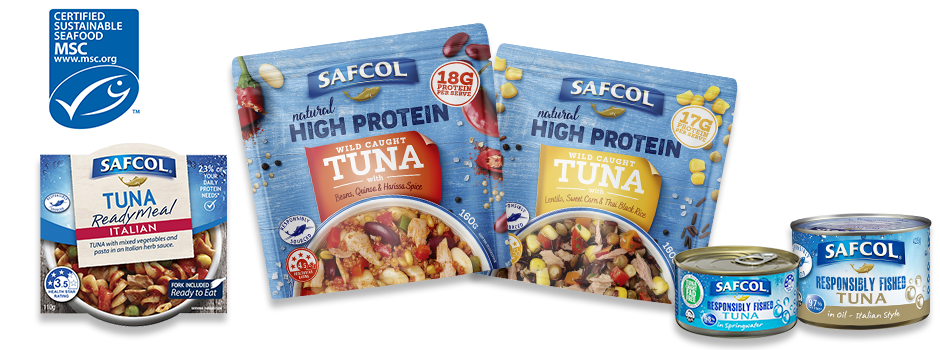
Maximise Brain Function with Sardines
by Ashleigh Feltham
Accredited Practising Dietitian and Accredited Nutritionist
Maximise Brain Function with Sardines
There are many reasons to enjoy a meal or snack of sardines. One of the reasons that may interest you is the matrix of nutrients that support the optimal functioning and health of your brain.
Your brain is constantly using energy. It works 24 hours a day, 365 days a year, for as long as you live. The brain uses a lot of energy from sources including glucose, fat and oxygen. It may surprise you to know that around 20% of the energy you consume is used to keep your brain functioning. Your diet choices influence both the physiological structure of your brain as well as how well it functions.
On top of macronutrients from fat and glucose, your brain also needs micronutrients to function optimally. If you are lacking these micronutrients, the health and function of your brain will begin to suffer. Functions at risk include your ability to pay attention to a task, planning and reasoning ability, memory capacity, interpreting the surrounding environment, problem solving and decision making. One mighty food that gives your brain a healthy dose of the many nutrients for brain function is sardines.

Your brain sends messages to the body via neurons. Neurons are the nerve cells that send electrical signals throughout the brain. There are approximately 85 billion neurons in your brain, and they require specific nutrients to function at their best.
Key nutrients sardines provide for optimal neuronal activity and function include:
Zinc, Vitamin B6 and Choline
These three nutrients promote optimal neurotransmitter synthesis, or the chemical signals neurons produce to send messages. These nutrients are also needed to support optimal binding of neuron messages to receptors, allowing for the successful relaying of messages.
Zinc and Magnesium
This mighty duo is needed for the efficient transfer of messages from neuron to neuron.
B Vitamins, Manganese, Magnesium and Iron
These four nutrients help your body make energy for the brain from the food you eat.
Vitamin D3
Vitamin D3 supports the development and maintenance of neurons.
Omega-3 and Vitamin E
This combo of nutrients plays many important roles, including ensuring neuronal integrity and structure is maintained.
Folate (Vitamin B9), Vitamin B12, Vitamin B6, Vitamin B2, Vitamin B3 and Choline
These B vitamins and choline are a great team of nutrients needed to metabolise homocysteine. A build-up of homocysteine is linked to ill health consequences such as heart disease, stroke, osteoporosis, Alzheimer’s and Parkinson’s disease.
On top of these key nutrients, sardines also provide nutrients that support the overall function and health of the brain. This includes vitamin A, healthy fats like essential polyunsaturated omega-3, phosphorous, calcium, potassium and magnesium.
Sardines are also a complete source of protein. This means they give your body all the essential amino acids it needs to make protein. Protein is needed for every cell in your body to function at its best, including the cells in your brain.
An additional benefit of this fish variety is its low mercury levels. This means they are an appropriate choice for women during pregnancy. Aside from the health of your body, the fishing of sardines has a smaller impact on the environment. Choose sardines caught using sustainable fishing practices.

Take home message
Now is the time to utilise the brain enhancing components of sardines. Choosing sardines is not only great for your brain, but also for the environment.

References:
- Selhub J. Homocysteine metabolism. Annu Rev Nutr. 1999;19:217-46. doi: 10.1146/annurev.nutr.19.1.217. PMID: 10448523.
- Kumar, A., Palfrey, H.A., Pathak, R. et al. The metabolism and significance of homocysteine in nutrition and health. Nutr Metab (Lond) 14, 78 (2017). https://doi.org/10.1186/s12986-017-0233-z
